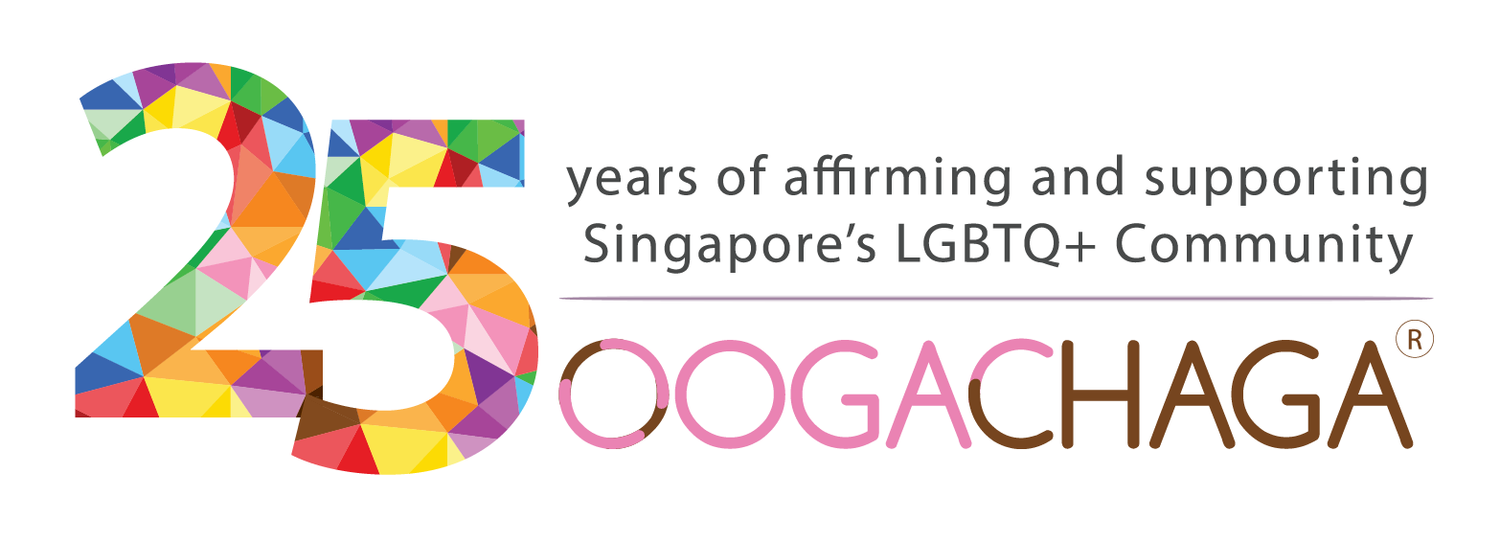TODAY
Court case may ease some of the fears faced by LGBTQ crime victims
By LEOW YANGFA, EXECUTIVE DIRECTOR, OOGACHAGA
Published 11 APRIL, 2019
I refer to the report, "Jail for man who met victims on Grindr, then secretly filmed and threatened them" (April 9).
We are grateful to the Singapore Police Force for acting quickly to arrest the man who blackmailed two others whom he met through a gay dating application and to the court for issuing a gag order to protect the victims’ identities.
As a non-profit organisation working with lesbian, gay, bisexual, transgender, queer (LGBTQ) and gender-diverse individuals, couples and families in Singapore for the past 20 years, Oogachaga has received reports of people being in similar situations where they may have been victims of crime.
They include transgender women who were sexually assaulted in public; queer women and gay men abused by their same-sex partners; sex workers cheated of their money and possessions; transgender employees harassed at work; and others who had had their HIV (human immunodeficiency virus) status disclosed without permission.
A common theme in these cases is the fear they often feel. Not only are they victims of crime, they are unsure and afraid of the treatment they will receive when they lodge a police report.
We hope that this court case, which resulted in a criminal conviction, will assure the LGBTQ community that our right to personal safety and justice will be ensured, even though sex between men is criminalised under Section 377A of the Penal Code.
The irony is not lost on us that the foreign offender in this case is from a country where private and consensual same-sex intimacy is likewise criminalised.
Preying on their victims’ vulnerabilities, the culprits often assume that they would get away with blackmail. This is common among the experiences that our LGBTQ clients have reported: Perpetrators would capitalise on their victims’ disadvantaged, discriminated status or sometimes deliberately raise the spectre of “being charged with Section 377A” if the victims were to consider making a police report.
Kudos to the two victims — a Singapore permanent resident and a foreigner — for finding the courage to alert the police when they realised that they were in possible danger.
Yet, there must be many more LGBTQ Singaporeans who quietly bear the consequences of injustice done to them, alone and fearful that their identities would be exposed and shamed if they approach the law-enforcement authorities.
Much more needs to be done to ensure that LGBTQ crime victims in Singapore are not denied justice, out of fear of being persecuted for being who we are. After all, are justice and equality not two of the fundamental values on which our independent country was founded?


